If someone accuses you of domestic battery or aggravated domestic battery, the court may issue an order of protection against you – and an order of protection stops you from doing certain things.
Orders of protection are designed to protect victims, but in some cases, people are able to get orders of protection even when they’re not victims. It’s sometimes possible for a person to falsely accuse another person of domestic violence and get an order of protection just to disrupt the falsely accused person’s life.
In some cases, this happens during divorce or child custody battles. One spouse decides to accuse the other of domestic violence in an effort to get “one up” on him or her… even when the allegations are completely made up.
Related: Help! I’m facing made-up domestic battery charges!
So what happens if someone gets an order of protection against you?
What Can an Order of Protection Prevent You From Doing?
An order of protection is designed to protect victims from others. Even if you’re innocent – and even if you haven’t appeared before a judge yet – the other party in your case can file for an order of protection.
These court orders can prevent you from doing many things, and require you to do some others, as well.
Orders of protection can prevent you from:
- Threatening the alleged victim
- Going into your own home
- Talking to the alleged victim
- Visiting your own children
- Selling personal property
- Keeping your own firearms
Orders of protection can also require you to:
- Attend counseling
- Appear in court
- Give personal property to the alleged victim
- Turn over your weapons to law enforcement
This isn’t a complete list, either. The judge that issues the order of protection will decide what he or she needs to prevent you from doing (or require you to do), so yours may include other prohibitions or requirements.
What if Someone Gets an Order of Protection Against You?
If you’ve been accused of domestic battery and someone has gotten an order of protection against you, we may be able to help.
Call us right now at 847-920-4540 for a free case review. We’ll talk about what happened and start putting together the strategy that gets you the best possible outcome.

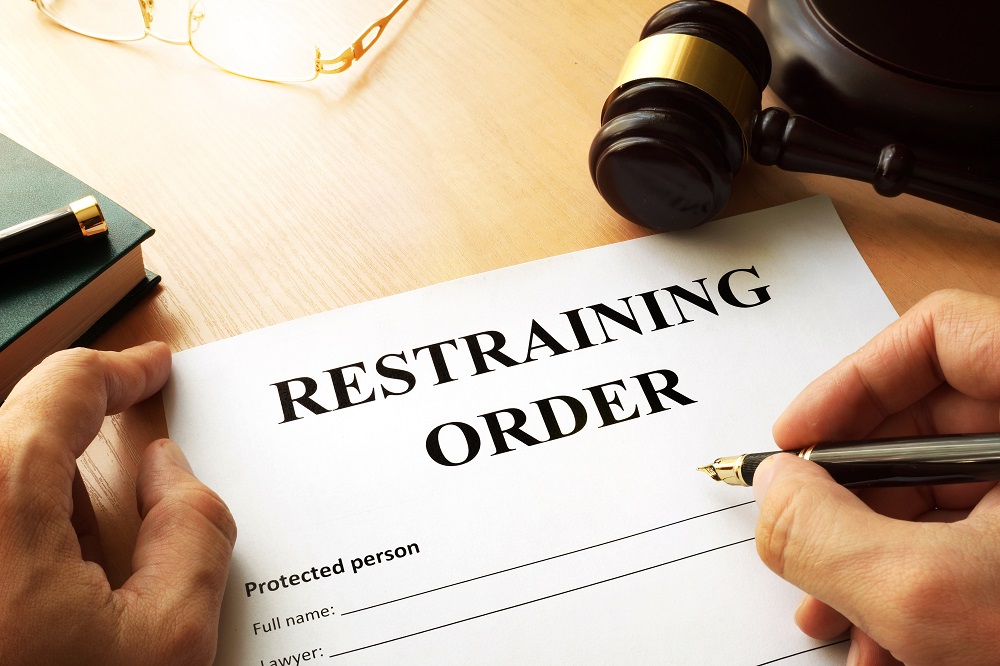
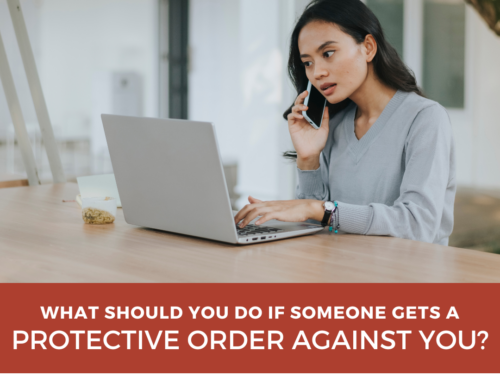
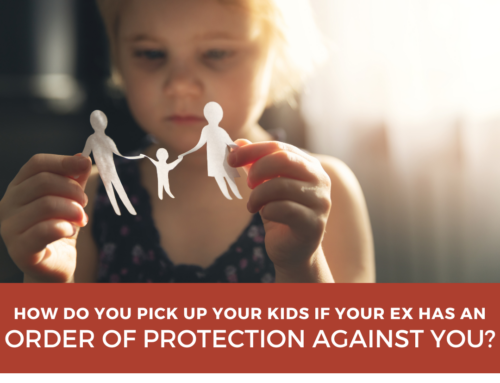
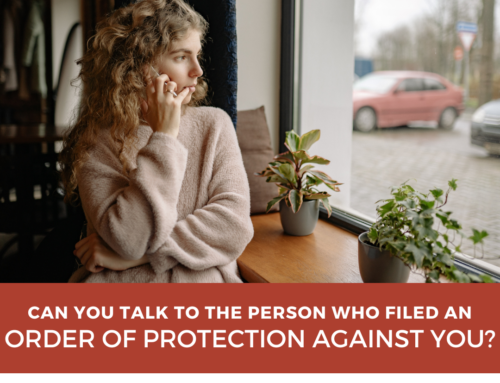
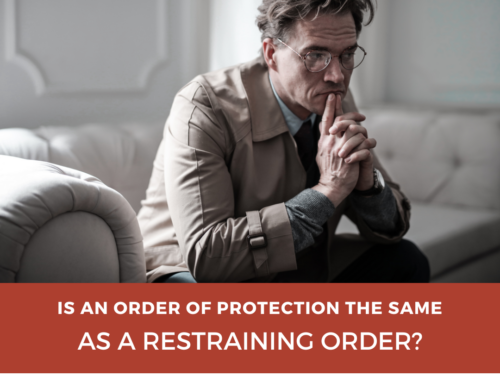
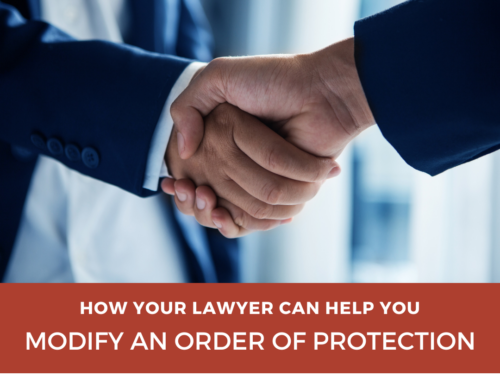
Leave A Comment
You must be logged in to post a comment.